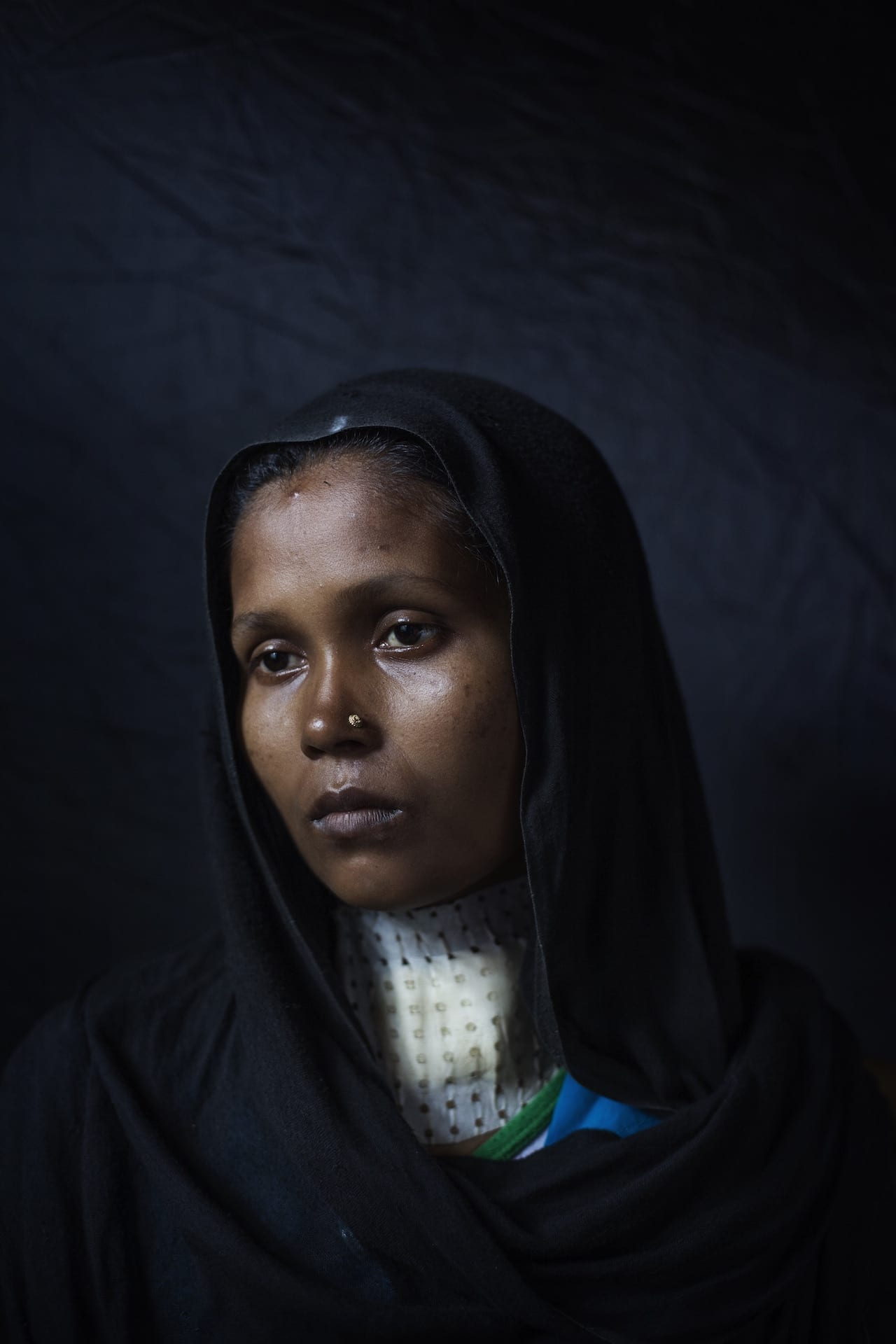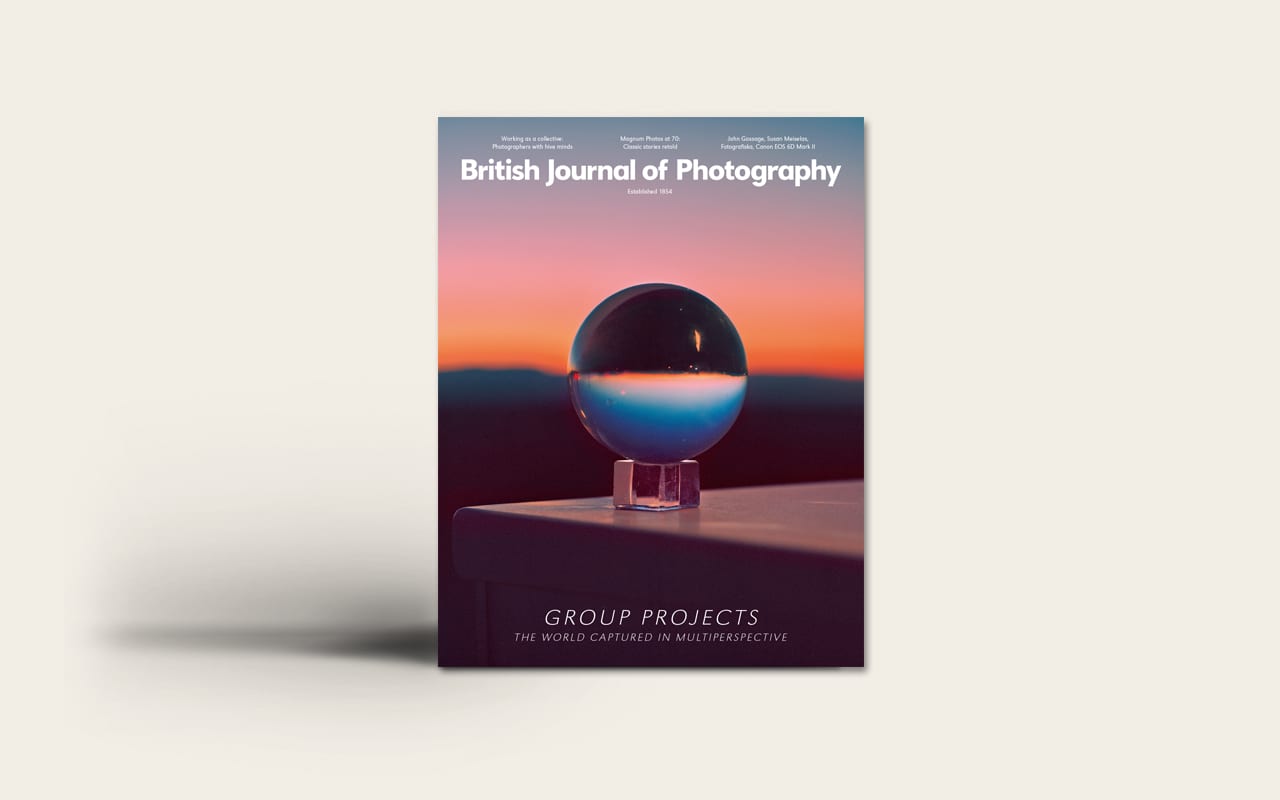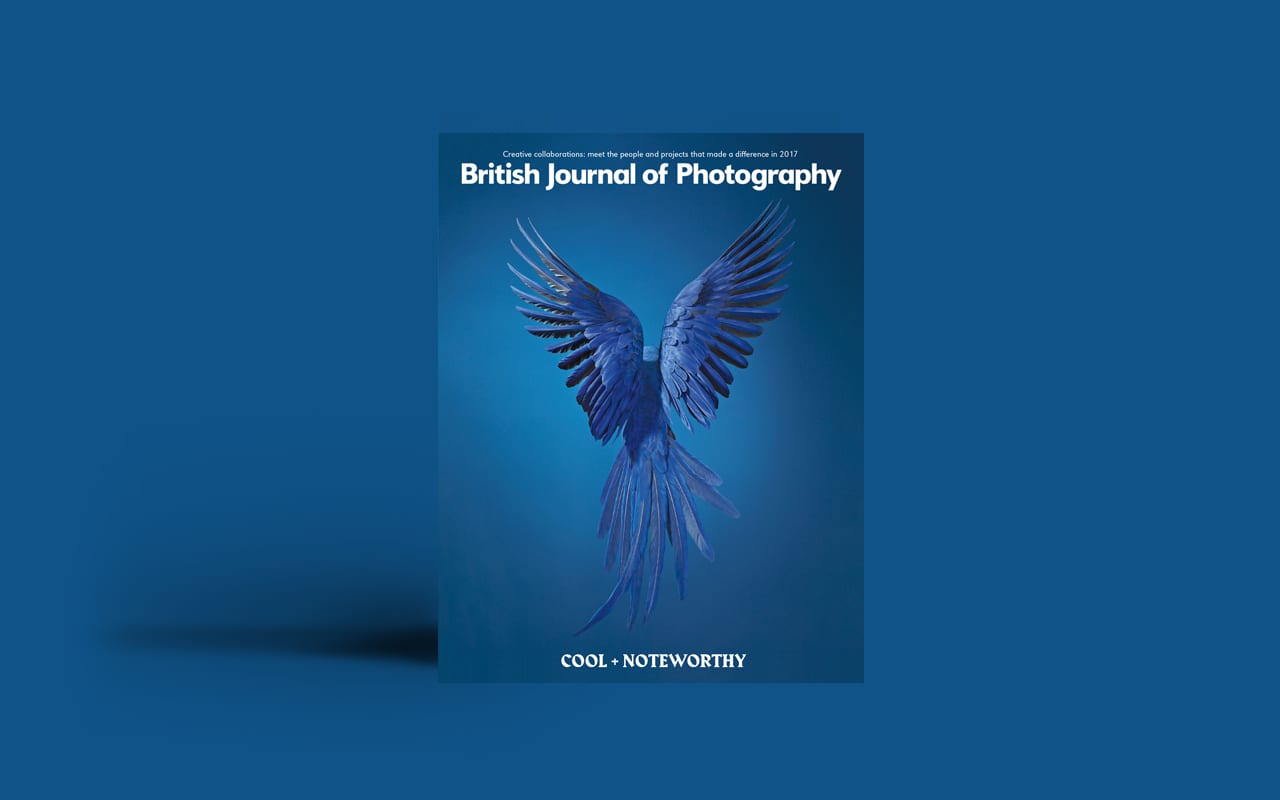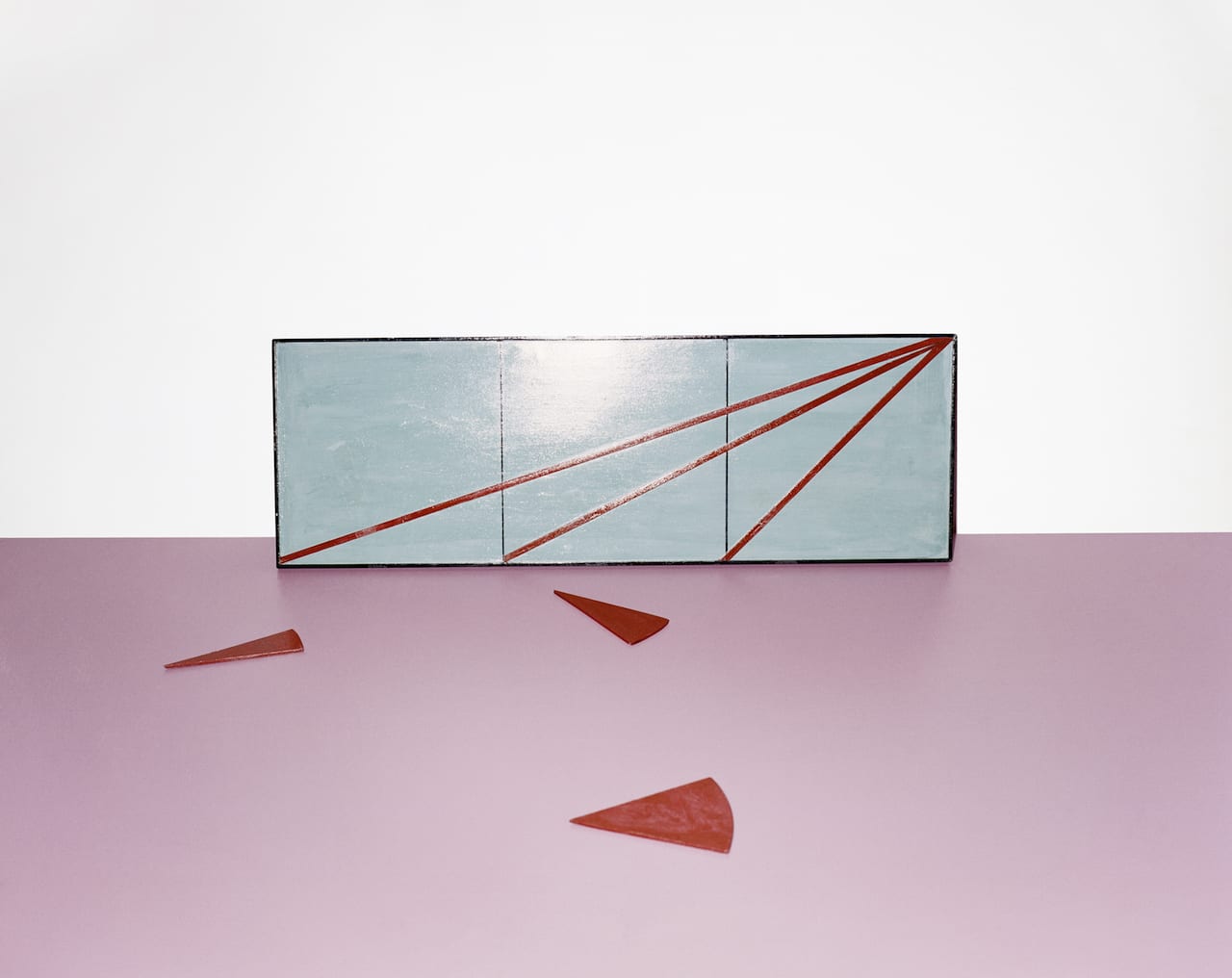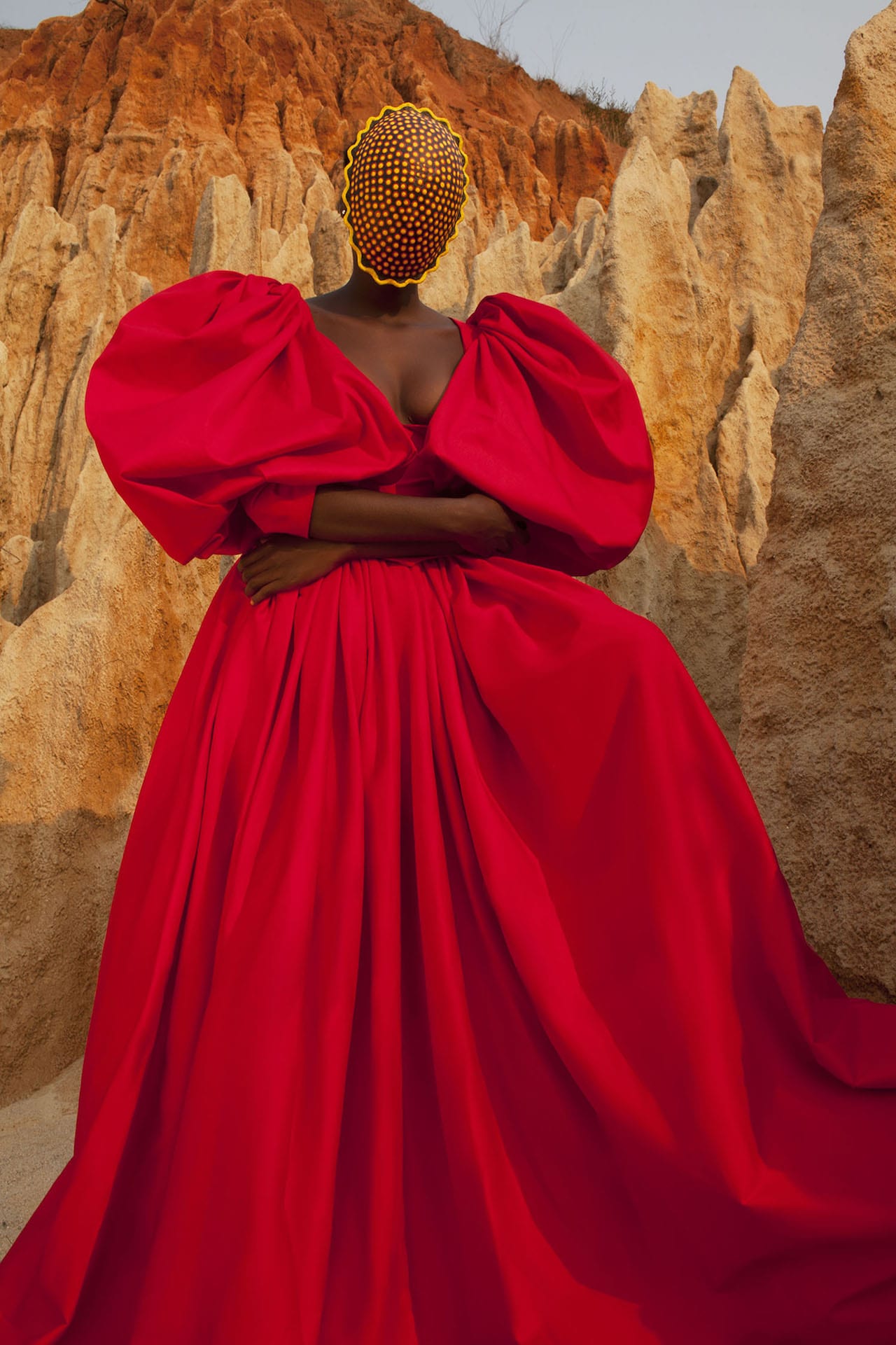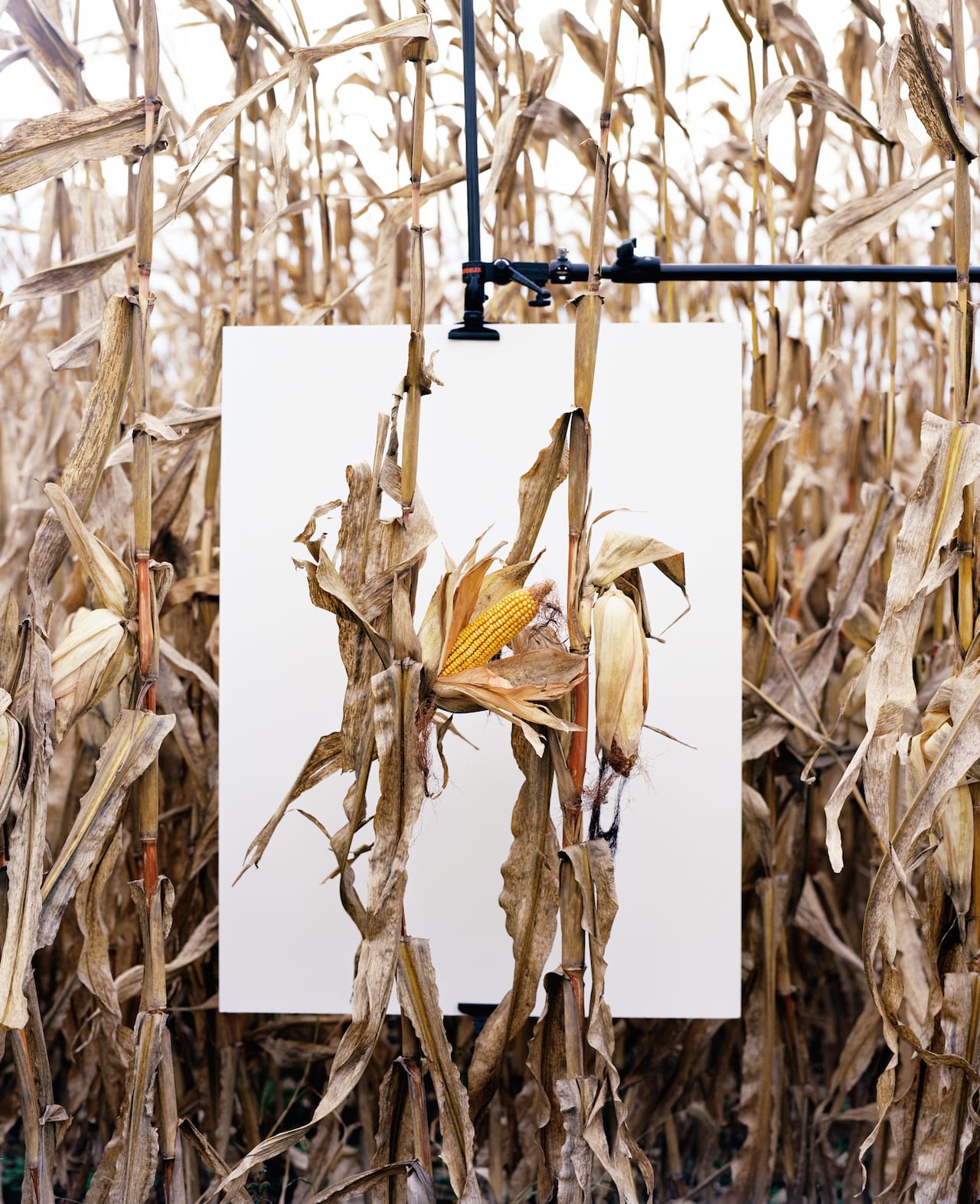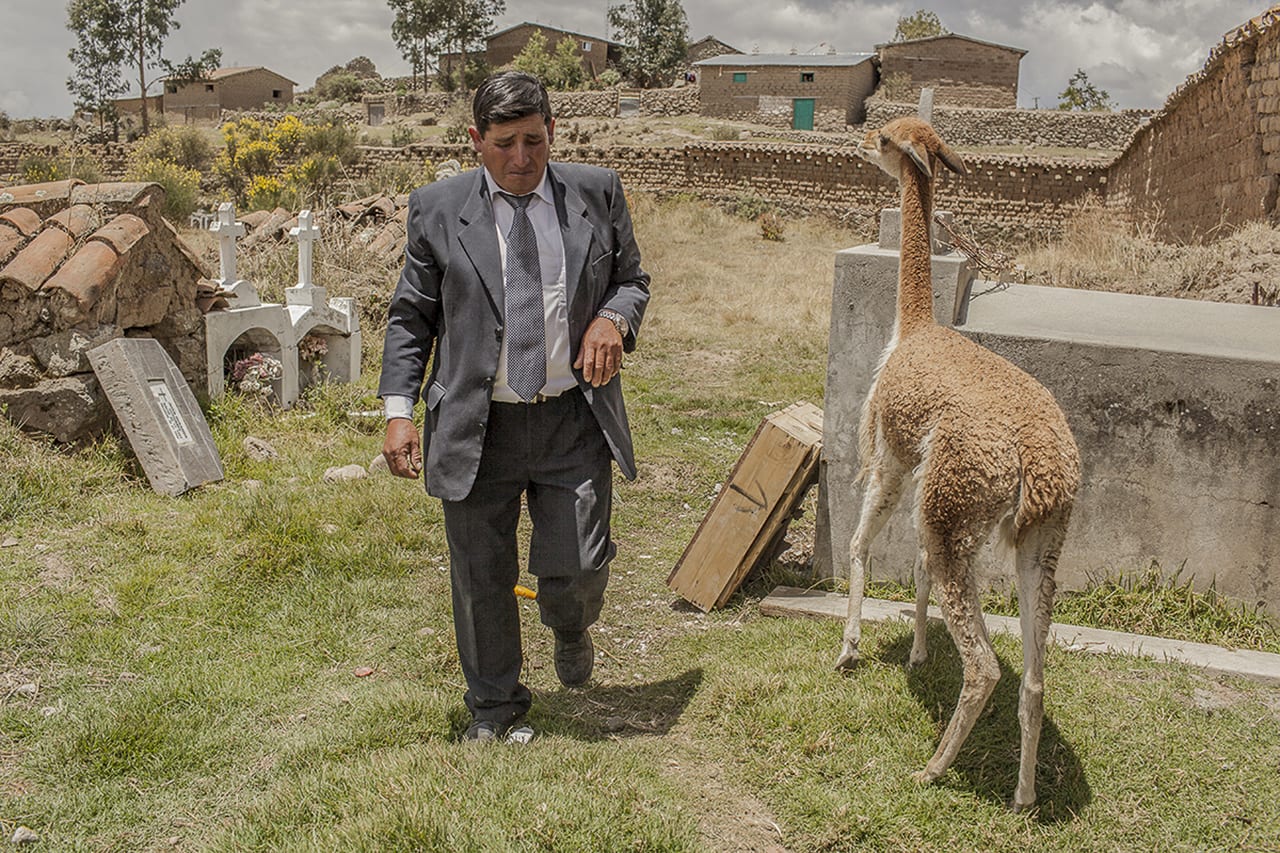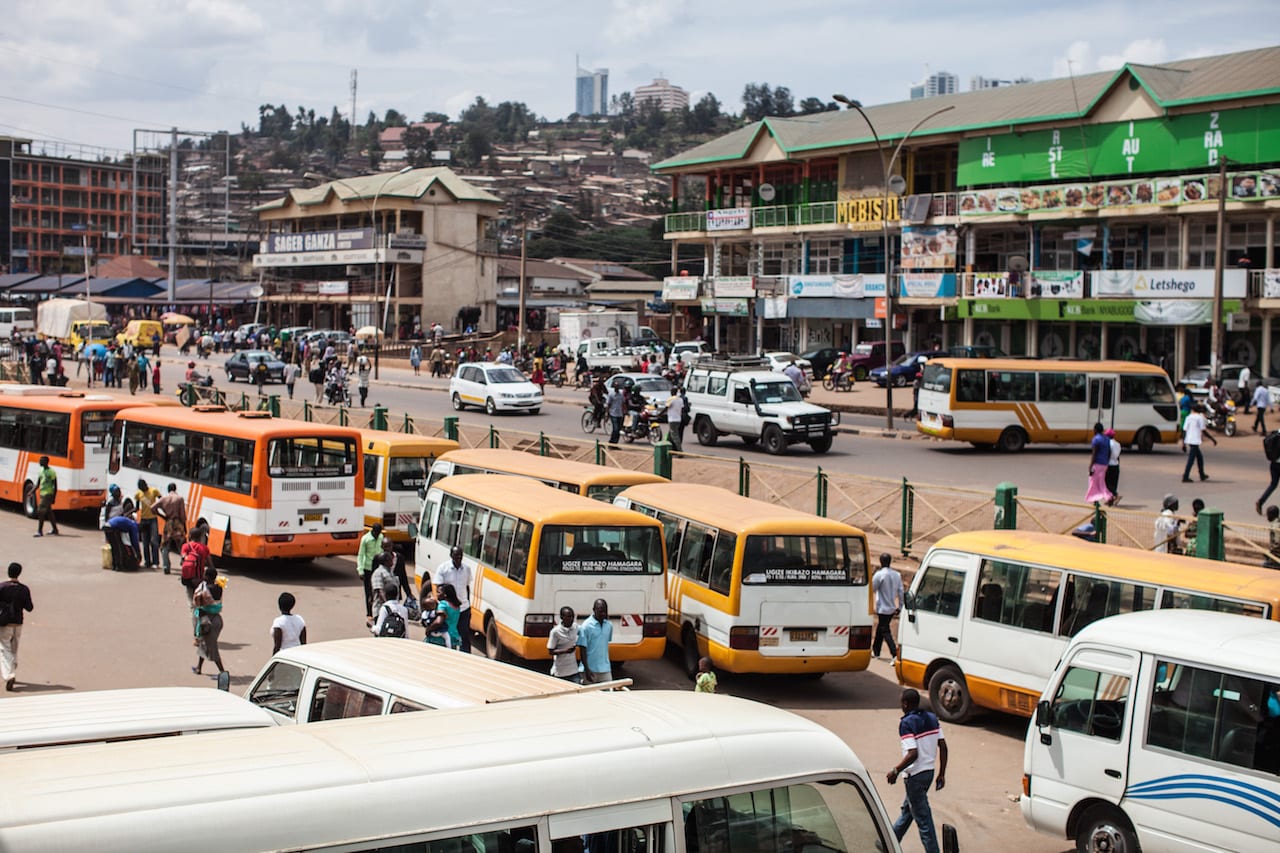“Coming back to photojournalism after a couple years of academic hiatus, I wanted to invest my time in projects that could affect change. Simply telling a story in an editorial doesn’t accomplish that,” says Anastasia Taylor-Lind about her determination to cover the Rohingya crisis in Myanmar for Human Rights Watch. The organisation’s mandate is to gather evidence of crimes against humanity and share those records with governments, international agencies and the public. Doing so means relying on collaborations between a diverse group of professionals, including visual storytellers.
